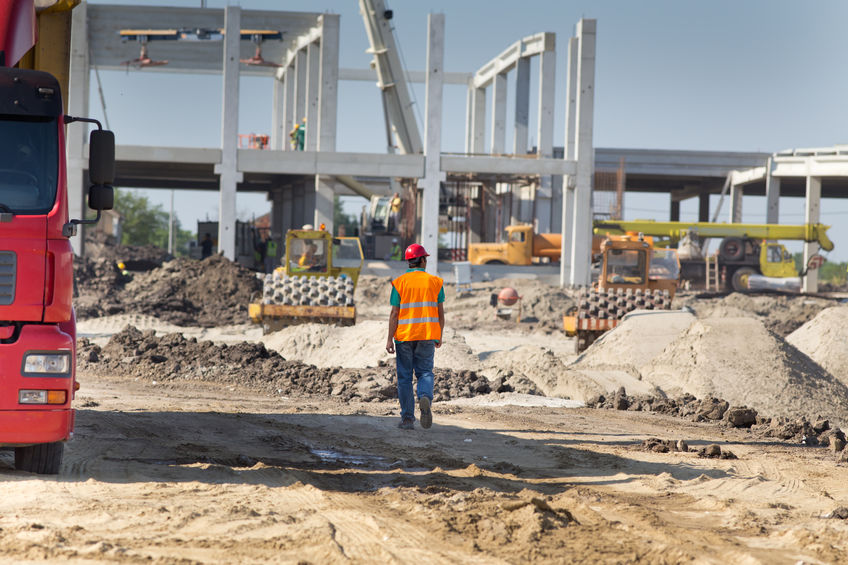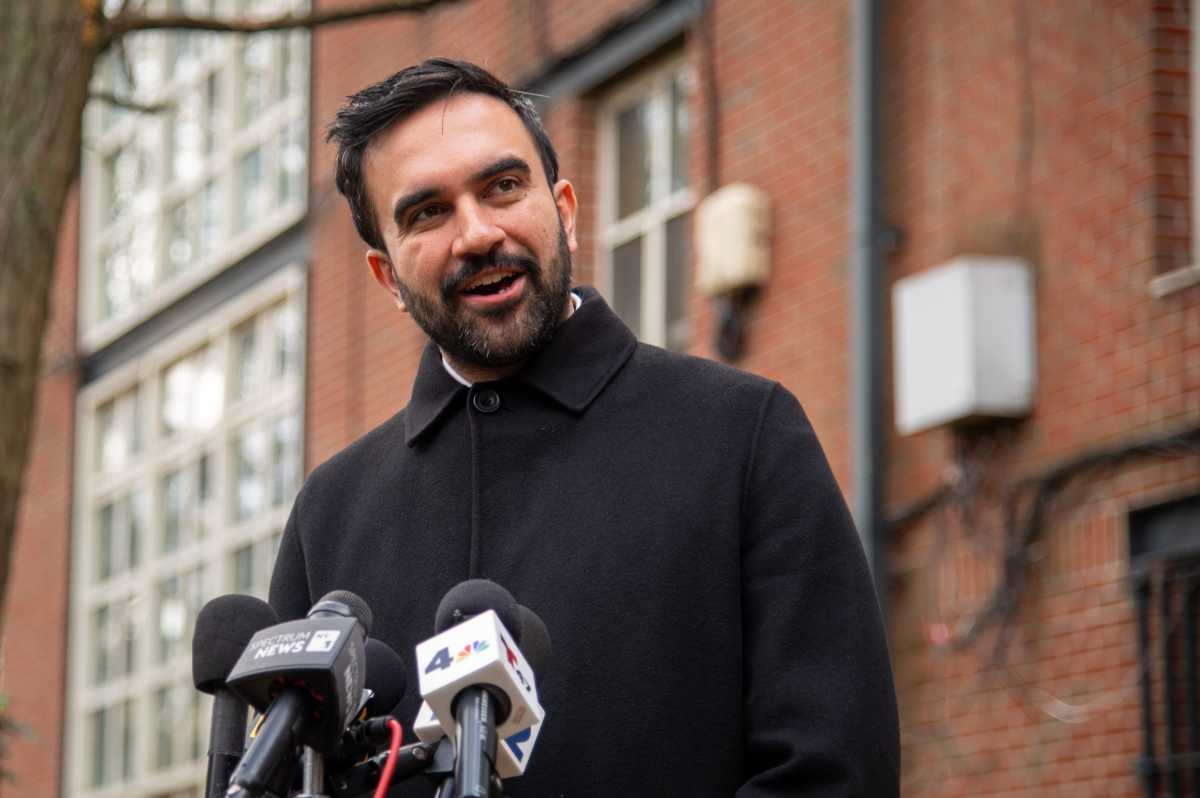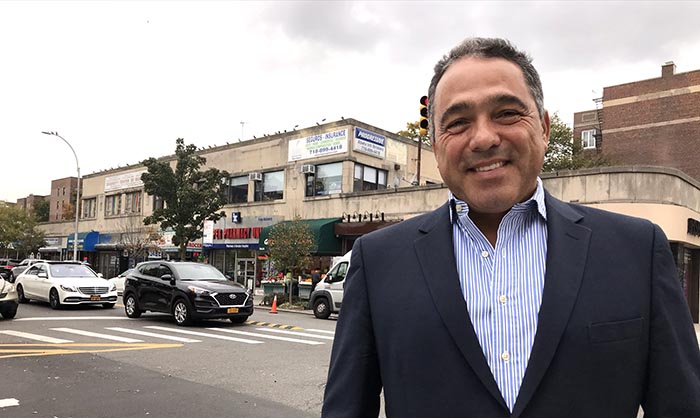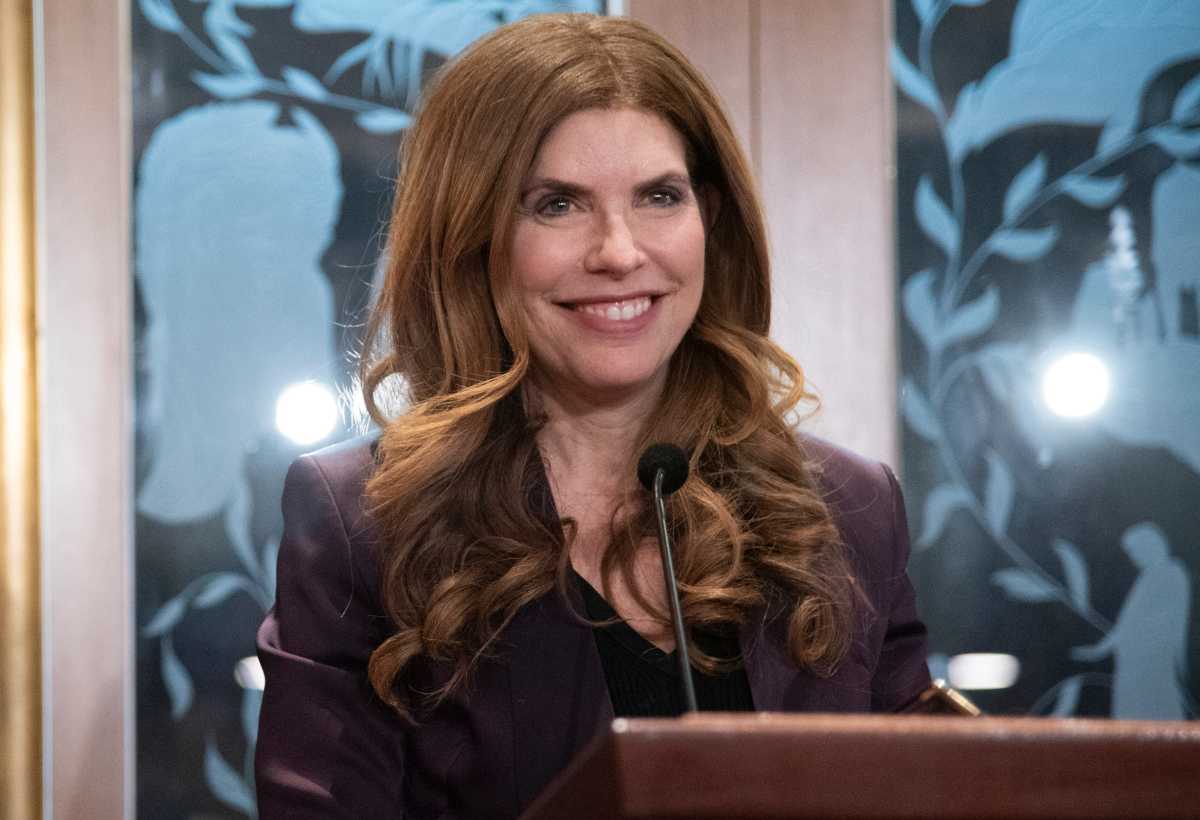All over the world, governments are setting aside political infighting and uniting to fight the COVID-19 global pandemic. In our country, it’s time for elected officials in Congress to halt the showboating gamesmanship and display the maturity, sobriety, and sense of purpose commensurate with such a turbulent time. And this – as well as giving America an economic rocket boost out of the COVID crisis – can be accomplished with a drastic investment in rebuilding our infrastructure.
In this, President Trump should receive bipartisan praise and support in calling for the passage of a large infrastructure bill asking Congress to go “very big and bold.”
If our crumbling highways, bridges, and lack of widespread internet connectivity burdened commerce before the coronavirus, imagine how much more difficult it will make the road to recovery after we start emerging from the pandemic. The national quarantines taking place have led us to our day of reckoning in recognizing the significance of maintaining and investing in modern and structurally sound telecommunications systems as well as highways, bridges, railroads and tunnels etc. Even before the pandemic, economic productivity in our country was being stifled by our neglected infrastructure.
The American Society of Civil Engineers, a non-profit and non-partisan group give American aviation infrastructure a grade of D. Moreover, while traffic jams are a menace to those commuting to work, it is also estimated that bottlenecks cause more than 249 million hours in delays to trucks annually, generating $6.5 billion in losses per year. The average American loses thousands of dollars a year due to poor infrastructure when related vehicle repair costs are included. And a weakened infrastructure doesn’t only wastes fossil fuel gas, we lose more than two trillion gallons of drinking water every year due in part to approximately 240,000 water main breaks.

While we have the world’s largest economy, we rank 13th in infrastructure according to a global competitiveness report issued by the World Economic Forum. Whether you’re running a small business selling gadgets or a family farm trying to increase output, you must have a reliable internet connection in order to prosper in the modern economy. Many parts of the country not only lack reliable broadband service, there are alarmingly also parts of the country that lack working cellular coverage. Reliable supply chains will be more important than ever before.
One often overlooked and serious consequence of not spending more money on infrastructure is how dangerous our roads have become. One in 11 of our bridges is rated as structurally deficient. We have over 600,000 bridges in this country and Americans take on average 188 million trips across structurally deficient bridges every single day. According to one trucking industry group, over 67,000 bridges are closed or have to reduce truckload providing another obstacle to predictable delivery times. One study estimates that 20% of our highway roads are in bad condition. That is almost 200,000 miles of highway. It is also important to shore up our freight rail network which employs over 220,000 Americans. The U.S. rail network is comprised of more than 140,000 miles of railway tracks, over 100,000 rail bridges transporting close to 2 billion tons of cargo each year, which is about 25% of the rail freight globally.
Our government should pass legislation to encourage public-private partnerships in generating funds necessary to maintain, expand, and improve our freight rail network not only to protect an economically efficient mode of transportation but also because it is good for the environment.

In addition to the President working on large-scale investment in infrastructure, there are elected officials among Democrats and Republicans in both the Senate and House of Representatives dedicated to overcoming the usual political shenanigans in order to pass a bill. In the Senate, John Barrasso (R) from Wyoming has some terrific ideas about moving America forward, Senator Richard Shelby (R-AL) should also be commended for urging us to pass an infrastructure bill now.
In the House of Representatives, U.S. Rep. Peter De Fazio (D) from Oregon is working to get a bill passed. He is joined by others including a bipartisan group of 20 representatives (10 Democrats and 10 Republicans) led by Reps. Andy Barr (R-Ky.) and Derek Kilmer (D-Wash). Passing a large-scale infrastructure bill will not only create sorely needed new jobs but will also tackle a problem that Congress has avoided for far too long.
It shouldn’t be difficult for Congressional leaders to get together and pass an infrastructure bill because while infrastructure isn’t “glamorous,” our economy won’t stabilize or grow without it. Now is the time to get it done.










